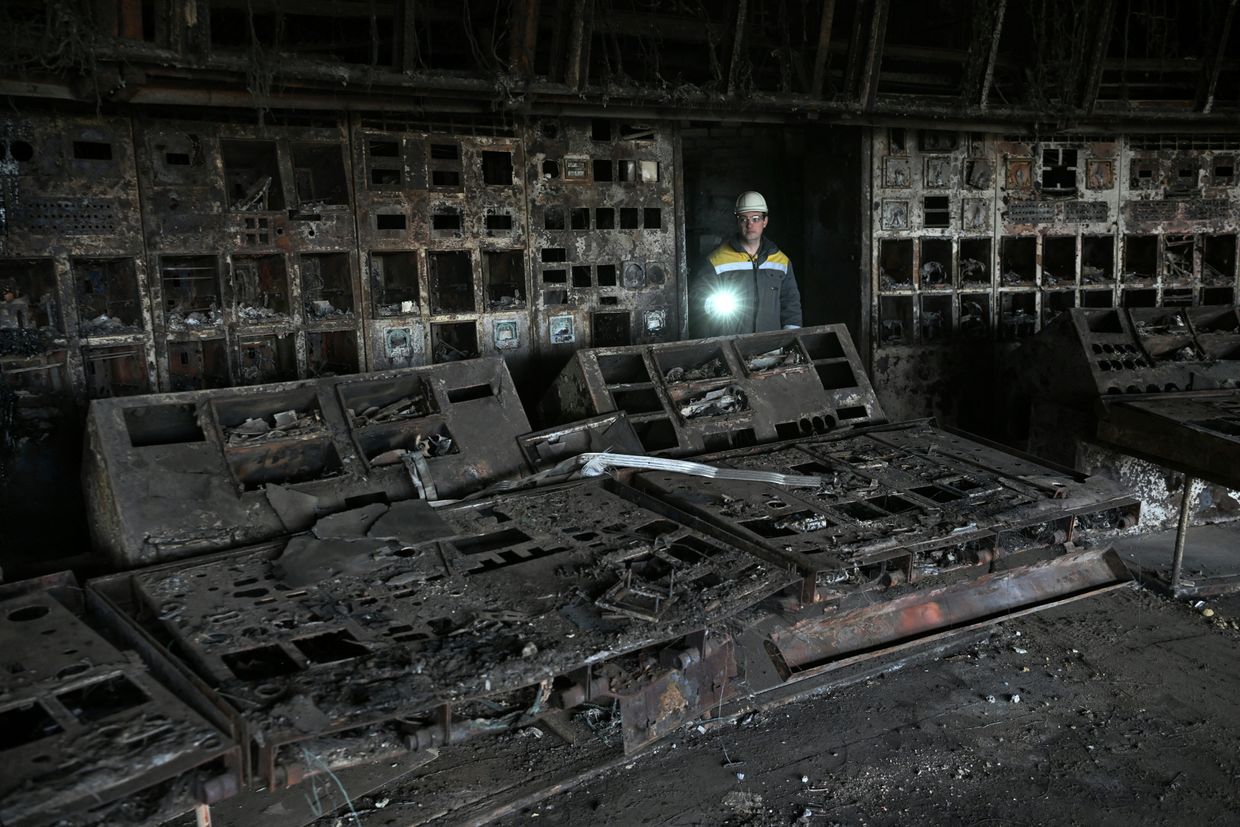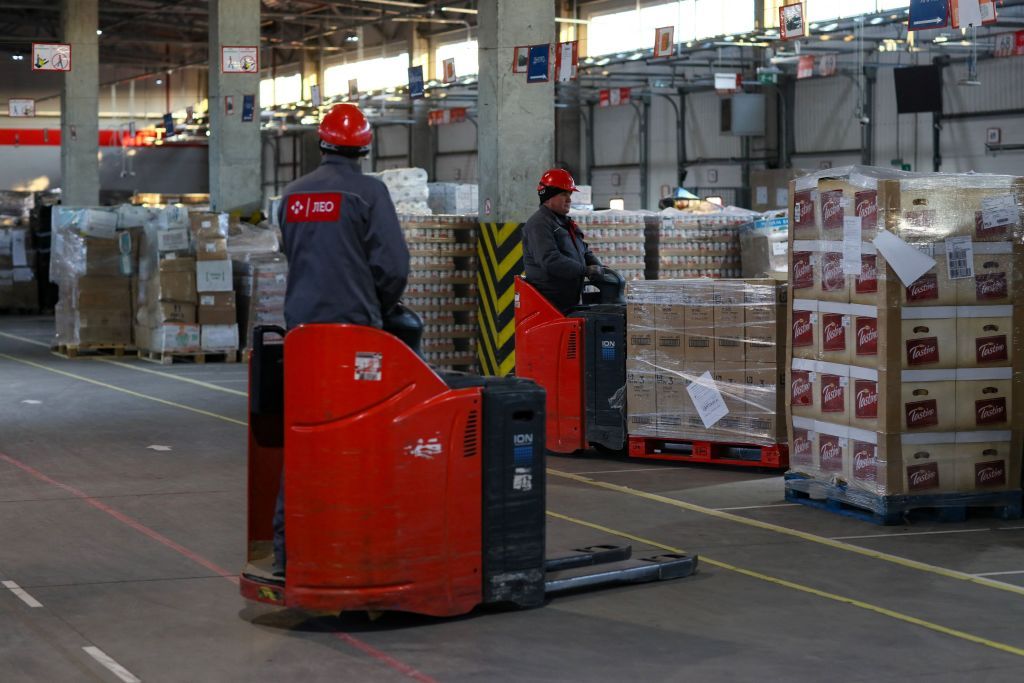MP Yaroslav Zhelezniak: Developments in Ukraine’s parliament on economic reforms, international obligations — Issue 63

Editor’s note: This is issue 63 of Ukrainian lawmaker Yaroslav Zhelezniak’s weekly “Ukrainian Economy in Brief” newsletter, covering events from July 1-7, 2024. The digest highlights steps taken in the Ukrainian parliament related to business, economics, and international financial programs.
The Kyiv Independent is republishing with permission.
Benchmarks and soft commitments in the memorandum with the IMF
The Budget Committee recommended a draft law to restore medium-term local budgets.
Ukraine's Budget Committee recommended for a first reading draft law #11131 with amendments to the Budget Code to restore medium-term planning of local budgets. This step is mentioned as an intention of Ukraine in the Memorandum with the International Monetary Fund (IMF).
The draft law restores medium-term planning of local budgets except for Russian-occupied territories or war zones, expands opportunities to use remaining funds, gives local councils the right to provide a financial guarantee for refinancing previously taken loans upon agreement with the Finance Ministry, allows local authorities not to apply the provisions of the Budget Code regarding the total volume of local debt for another six years until 2030.
The Parliament will consider the draft law during the next plenary meeting.
Obligations to the EU
Criminalization of smuggling of goods came into force.
On July 1, a part of the law on criminalization of smuggling which is related to criminalization of smuggling of goods came into force.
As we reported in Issue 34, the relevant draft law #5420 was changed in the second reading to fix several pitfalls which were vastly criticized by the law-abiding business and business associations. Particularly, as a result of discussions with business, the criminalization of smuggling of goods was postponed till the middle of 2024 which correlated with the deadline set by the IMF for restarting the Bureau of Economic Security of Ukraine.
The Tax Committee approved in the 2nd reading a draft law to increase excise taxes on fuel.
The Committee on Finance, Tax and Customs policy of the Verkhovna Rada, Ukraine's parliament, approved for a second reading draft law #11256-2 regarding the gradual increase of excise taxes on fuel to the EU level.
Among all, the Committee returned to the text a provision to establish higher excise, the idea of which was rejected in the first reading by the Parliament. As of now, the Committee suggests to the Verkhovna Rada to adopt the increase of excise taxes on liquefied gas up to 150 euros instead of the minimum EU level of 70 euros.
Other key economic issues
NABU and SAPO reported on preventing large-scale corruption at customs.
On July 4, the National Anti-Corruption Bureau of Ukraine (NABU) and the Specialized Anti-corruption Prosecution (SAPO) prevented an attempt by a group to "place preferred individuals" in leadership positions within the State Customs Service’s territorial offices to establish corruption schemes. Investigations revealed offers of $1 million for the head of Lviv customs, $500,000 for Volyn customs, and $200,000 for Chernivtsi customs. It is rumored that in this case, a recently dismissed deputy head of the SCS, Mr. Cherkasky was involved. Mr. Cherkasky was appointed without selection by the same government that now claims the efficiency of the customs administration in 2021.
The Parliamentary plenary week previously scheduled for 8-12 July was canceled.
The next plenary week of the Verkhovna Rada was scheduled for July 8-12. However, last week it was canceled under the influence of the Office of the President. The official reason was said to be the NATO summit. However, it seems that the real reason to postpone the plenary meeting of the Parliament is that the Office of the President is considering the possibility of replacing more government officials, including the Prime Minister himself and several other Ministers who aren’t absolutely loyal to the Head of the OP Andriy Yermak. It is worth emphasizing that the decision has not yet been made and everything may change before the next plenary week.














